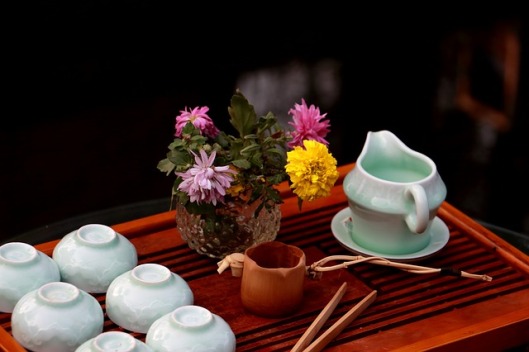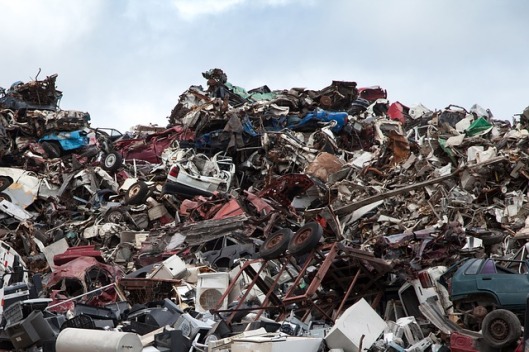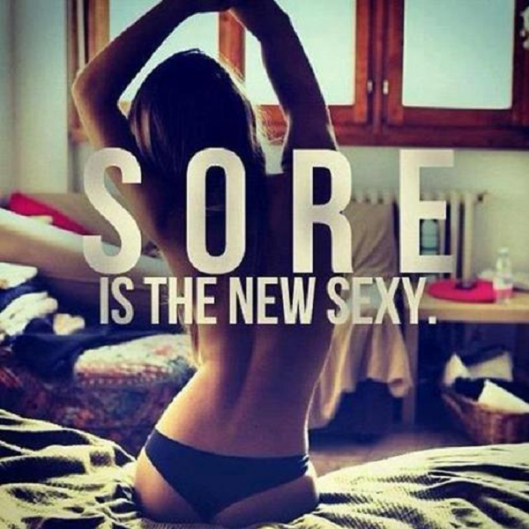Tags
depression, gender roles, grief, loss, mental health, overachievers, repressed memories, repression, situational depression, suicidal ideation, trauma
This time two years ago, you know, I wanted to die. I say that not to provoke pity, but that’s simply how it felt. I walked out to the Promontory Point park in Chicago, laid out on one of the huge, flat concrete blocks, still warm from the sun, and quietly wished the orange sky would open up and take me, then and there. Many people have observed that there’s a big difference between actively orchestrating one’s own departure and having images of it wash over you involuntarily, the way a passing car might spray muddy water on you on a rainy day. So I lay there, covered in the spray. I’m not sure which disturbs me more: feeling that way, or knowing how frequent and common this feeling is.
But I also had to ask myself: why is this happening? Is there anything really that wrong that could prompt this? I came up dry, and had to chalk it up to some deep, internal flaw. Or maybe many flaws. Not something chemical, no real illness, per se, just a state of fundamental fuck-up. Later that evening, something unexpected happened. A katydid appeared on the screen of my window. I hadn’t seen one since I was a child, and I took that as a prompt to start writing, to do a journaling exercise I’d spotted a few days prior. A torrent of memories from my childhood came back to me: things I hadn’t thought of or simply could not have accessed. I sat in my apartment, overwhelmed and shaking, and became acquainted firsthand with the phenomenon of repressed memories that I had read about so many times. In a certain sense, the sky did open that night. Rather than extracting me from my life, it took me deeper into it, into a typically-hidden layer that had been driving and contaminating my thinking for quite some time. Notably, it wasn’t that I had forgotten entire episodes of my life. I was familiar with the events. What had been hidden was the way it felt to experience those events, the emotional color missing from the black-and-white film. When that awareness returned, it was horrifying. A level of emotional voltage that I could not have conducted as a child.
It never occurred to me that I could have repressed anything. But that’s the thing about repression! It does a great job of hiding things. My personal working theory on repression is that it provides a short-term service: by walling off the worst of the worst, on a surface level, it allows you to be functional. But in the long term, it creates problems. Once the threat is gone, that hidden layer continues to direct your thoughts, emotions, and behaviors, without allowing you to look under the hood. I had often asked myself, why am I like this? Why do I do this? When I explained to my friends that I thought the bout of depression had some connection to the accident I was in as a child, they tried not to be rude, but they looked at me as if I’d just told them that water is wet. Really, now? The major traumatic event of your early life has some bearing on how you’re feeling now? Incredible!
But that was the thing. Up until then, it had never seemed all that traumatic. I hadn’t really perceived it that way, at least.
I have noticed something curious and disturbing. Often, when I talk to friends who endured some kind of assault, abuse, or neglect, they stand back, aghast at my car wreck story, as if it were something far worse than anything they had gone through. This is often followed by an insistence that their own experiences were not that bad. And this got me thinking. If someone who has gone through something I consider utterly horrible reacts that way to my own story, then why don’t I? Is there a reason I can’t consider it traumatic, the same way they have to write off their own experience? And it brings me back to this exhortation to functionality. The mind simply can’t accept it. It can’t accept it, or believe it, because that would throw everything into chaos. We have to function. We have to keep the gears turning.
I was lucky to escape the worst of the injuries. Had we been at a slightly different angle, had the car behind us been driving much faster, it’s entirely possible my spine would have been severed. I walked out with a fracture. My younger sister Virginia’s spine was severed, completely and immediately, and my twin, Holly, was in exorbitant pain from a broken femur. What I find especially curious now is that it did not occur to me, for many years after the fact, how close I was to being paralyzed; my mother recently admitted that she intentionally did not tell me this. Then, for years after that, I completely forgot that I had any injury at all. I see this as evidence of the mind’s ability to convince itself that nothing is wrong. That everything is fine. That we are functional.
It was bizarre to watch other adults’ reactions to my parents as they grieved my younger sister. My mother, determined to show up for Holly and me and bring some semblance of balance back into life, was criticized for being “too functional.” My father, on the other hand, who was openly emotional (as if that could be avoided in such a situation), posed a serious threat to how people around us believed men should act. I watched my parents and their natural responses chafe against the worst of our gender conditioning. In the midst of the upheaval, though, my sister and I took a major directive. Above all, function. Keep the wheels turning. Meet the grown-ups’ expectations.
Which is why in 2014 and 2015 I struggled to believe anything particularly serious had happened to me, as an individual. To my parents and twin, certainly. But to me? Come on. Holly and I always had good grades, went to church on Sundays, rarely if ever fought, got into good colleges. Surely, I mean, surely if something really wrong had happened, wouldn’t we have, I don’t know, done something? Lashed out in some way? I had a counselor tell me that people in these situations often do lash out, they yell or fight, they abuse substances, they run away. I could have done any of these things, she told me, and I would not have been unjustified. I told her there’s no way I would have done these things. The vector of my personality simply doesn’t point that way. But that raised the question: what did I do?
I should mention that I perceive two categories of traumatic events: Earthquakes and Canyons. The wreck I was in is an Earthquake: a sudden, huge upheaval. Other situations, like a persistent exposure to some kind of abusive behavior, are Canyons. Both create deep chasms of the mind, it’s simply a matter of time. Moreover, I find it completely fruitless to compare “chasms” between individuals as if some are more important than others. But it’s become obvious to me in the last few years that some of the highest achievers I know are straddling some very deep chasms. While some lash out, others lash in; they lash themselves to the yoke of professional respectability, of keeping up appearances. They turn the wheels. I observed this over and over at UChicago, and I perceive it now in various aspects of my professional life.
There are visible and invisible symptoms. These chasms, in my view, can force a person into a damned-if-you-do, damned-if-you-don’t dynamic. On the one hand, to grieve openly, to have any form of outward expression, seems to validate the situation and make it real. And yet, that would have felt invalidating to me as a person. My sister and I gained so much praise and social currency from working within the systems, jumping through the academic hoops, gaining all the points and gold stars and making the grown-ups proud. Anything that took away from that registered as a major social threat to me. On the other hand, to pack it all in felt very socially, academically, and professionally validating. But the lack of visible symptoms undercut this whole idea that anything was ever really wrong. And that made me feel worse about myself, believing there was no real reason to ever feel wrong, or to not be functional.
The only evidence I had to go by was my own misery, which I had been successfully ignoring up to a point; food was one excellent way of stuffing them back down, suffocating them. But no one knew my binge eating secret, and with no outward evidence of the problem, my only yardstick was a lifetime of feelings that I couldn’t admit or take seriously anyway. But oh, is it possible to have everything lined up on paper and still be utterly, foundationally miserable. (Tag someone you know. Tag yourself.) Anything buried eventually comes to the surface. So many of us have been trick ponies, mascots, and excellent sheep, and look at how smoothly the gears turn. But ultimately, I think, the most “functional” thing one can do is to find or create some space in which these things can come to the surface safely, before one passes the point of no return. Our culture is not readily set up for this, and mental health care is a privilege. But this is what I hope to see us moving toward: spaces in which one can release the pressure, validate the situation and make it real, and not suffer socially for it.





